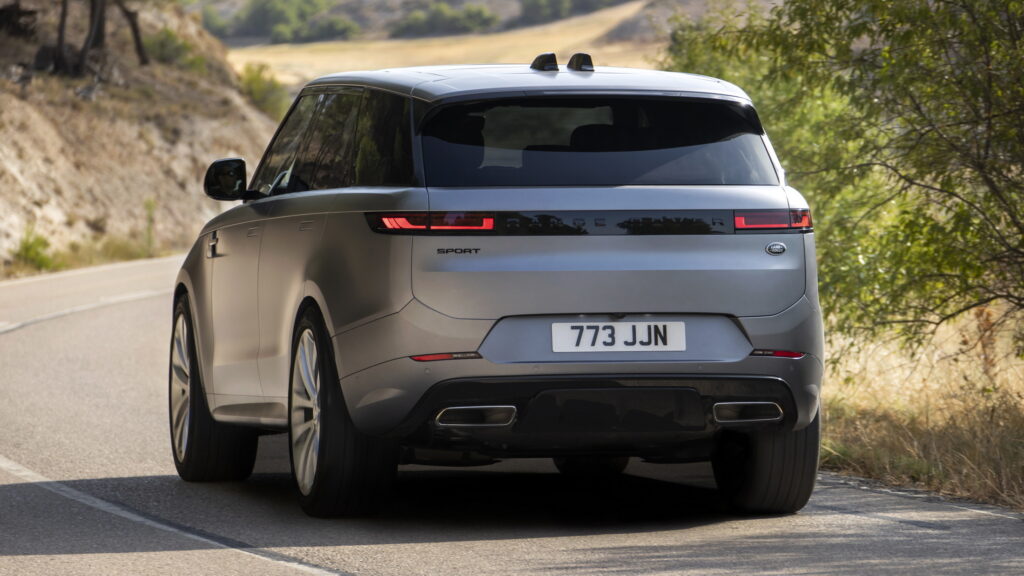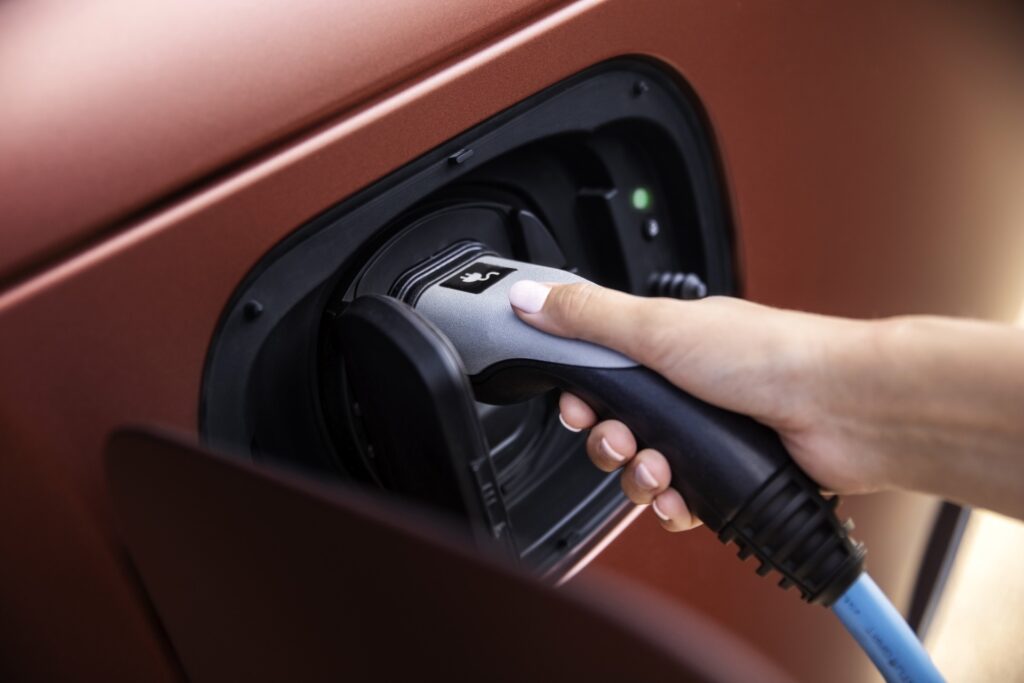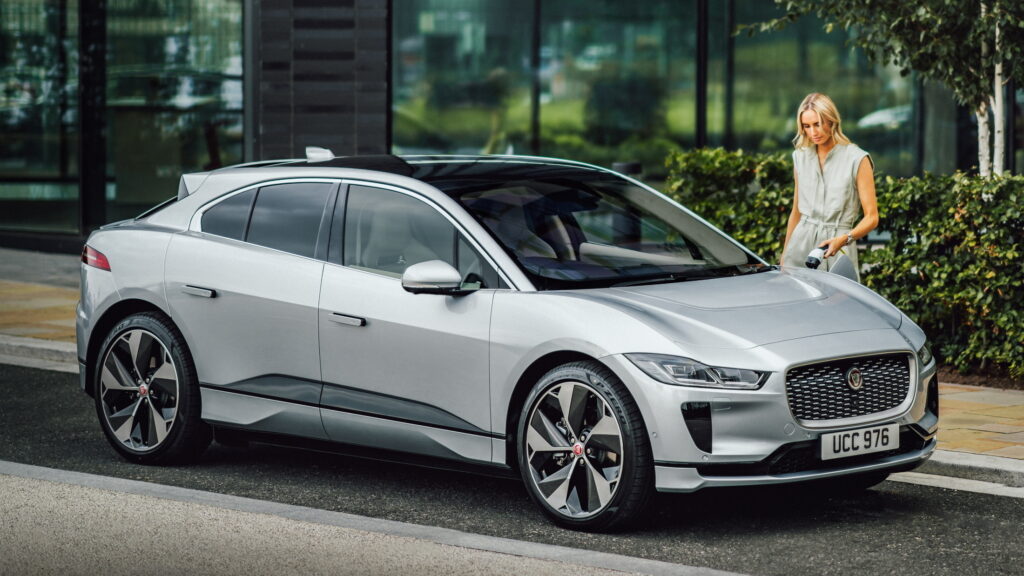Jaguar Land Rover will slow its introduction of battery-electric vehicles in the coming years and look to introduce more plug-in hybrids due to shifting consumer sentiment.
In 2021, the automaker revealed that it would launch six full-electric Land Rovers and two electric Jaguars by 2026. However, during a recent earnings call, Jaguar Land Rover chief executive Adrian Mardell said the number of electric Land Rovers being launched has been reduced to four. The first of these will be the Range Rover Electric set to arrive later this year and soon after its launch, an electric Range Rover Sport will hit the market.
Read: Range Rover Electric Teased With V8 Levels Of Performance And Class-Leading Off-Roading

“We are a little bit slower than we said three years ago,” Mardell said, according to Autonews Europe. “We are taking our time to make sure that we put the best vehicles we have ever developed into the marketplace.”
Following the launch of these two models will be a pair of smaller EVs using the firm’s new EMA platform. Limited details about this duo are known but they could serve as electric successors to the Range Rover Evoque and Range Rover Velar. A Defender EV is also on the cards, with the firm simply announcing it will land before 2030. Jaguar will be relaunched in 2025 with a new four-door GT EV that will be followed up by a second electric vehicle.
More: Electric Jaguar XJ Will Reportedly Eschew Rear Window And Leaper Logo
While the brand is still going all-in on BEVs, Mardell noted that demand for them has started to cool and as such, JLR is working to make more plug-in hybrids available in the interim.
“What you have seen from other OEMs is that the race to BEV is starting to stutter a little,” said Mardell. “PHEV acceptance has been quite a surprise. We are working hard in the interim time to make more PHEVs available to the marketplace.”
JLR increased its sales of PHEVs more than any other car manufacturer last year in Europe selling 45,224 units, a 68% rise. The brand ultimately wants 60% of all its sales to be BEVs by 2030 before rising to 100% by 2036.




